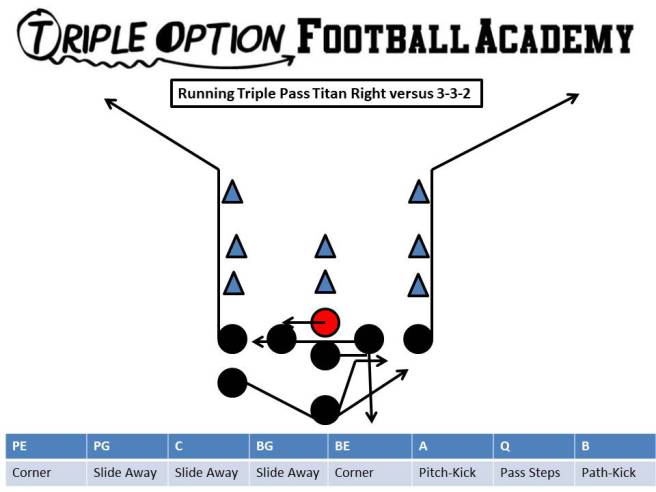Somewhere in the second act of The Mean Season, the film just starts slipping and it never corrects. The opening titles, set against stormy Miami weather and a vicious (though not graphic) murder, establish the film’s momentum. Everything moves fast, whether it’s establishing unsatisfied reporter Kurt Russell and his newsroom sidekicks, his girlfriend Mariel Hemingway, even when the serial killer starts calling Russell–director Borsos and screenwriter Leon Piedmont keep things moving. Frank Tidy’s photography, the Florida locations, and Lalo Schifrin’s gentle but intense score help a lot.
There’s also Andy Garcia and Richard Bradford as the cops investigating the case. Garcia likes Russell, Bradford doesn’t. Like almost everything else in the movie, Borsos seems to think implying character motivation is the same as having character motivation. But Borsos and Piedmont aren’t particularly good at subtlety and Borsos isn’t great at directing his actors. He apparently gets Bradford’s world-weary, slightly fascist cop is the best character in the picture, since Bradford’s the only actor who gets any material to chew on. Though maybe it’s Bradford stepping up and chewing on his otherwise pointless role.
Getting a little ahead of myself–the salad days of Mean Season are the first half. The newspaper stuff is interesting, Borsos is good at the investigation, Russell and Hemingway are appealing. Then the movie gets into this whole juxtaposition of Russell’s media ambitions and the killer’s media ambitions and the stumbling starts. Russell and Hemingway try, but neither brings much weight to their roles. Once Borsos is done doing jump scares involving them, he and then Piedmont have nothing more for Hemingway. She’s just around to argue with Russell. Then Russell apologizes and scene.
There’s no character development, particularly for Russell. Piedmont’s script relies on thriller more than drama. Borsos’s direction eventually veers to action, which is a big mistake because he’s exceptionally inept at it. The second half of the film, as Russell finds himself in danger and not just from manipulative jump scares, is ragged and somewhat unpleasant. Russell burns through the charm and likability he’s built up and Borsos isn’t there with anything else for him. He ends the picture a husk.
Mean Season also skips the opportunity to look at the reporter becoming news, even though there are occasional details suggesting someone thought it might be a good idea to focus on that angle.
Hemingway gets a lot of help from Schifrin’s score. It’s problematic–she’s the damsel so she needs good damsel music–but also effective. And she’s trying. And her character does try to talk some sense, building up her likability. So she’s slight, but gets a pass.
Russell’s pass is a little different, almost more of an incomplete. It’s not his fault though. It’d be hard to make the last third silliness of Mean Season work. The film’s desperately in need of a better resolution to the mystery of the serial killer. Borsos overestimates where’s gotten the film in terms of suspension of disbelief as well as general interest.
The supporting cast is solid. Besides the awesome Bradford performance, Garcia is fine with little to do as a too young police lieutenant. Richard Masur, Joe Pantoliano, and Rose Portillo all ably staff the newsroom scenes. They eventually disappear from the A plot, reduced to background as Piedmont’s script loses focus. At least Borsos kept them around.
Richard Jordan and William Smith are good as witnesses who prove essential to the case. Borsos fails Jordan after a while, but he’s still got some fine moments.
The Mean Season wraps up with an unsatisfying, hurried, manipulative conclusion. By the end, the whole movie is on Hemingway, Russell, Schifrin, Tidy, and Florida’s collective shoulders. They manage to keep it afloat, but only just.
 ★★
★★
CREDITS
Directed by Phillip Borsos; screenplay by Leon Piedmont, based on a novel by John Katzenbach; director of photography, Frank Tidy; edited by Duwayne Dunham; music by Lalo Schifrin; production designer, Philip M. Jeffries; produced by David Foster and Lawrence Turman; released by Orion Pictures.
Starring Kurt Russell (Malcolm Anderson), Mariel Hemingway (Christine Connelly), Andy Garcia (Ray Martinez), Richard Bradford (Phil Wilson), Richard Masur (Bill Nolan), Joe Pantoliano (Andy Porter), Rose Portillo (Kathy Vasquez), William Smith (Albert O’Shaughnessy), and Richard Jordan (Mike Hilson).
RELATED
- OTHER 1985 RELEASES
- More





